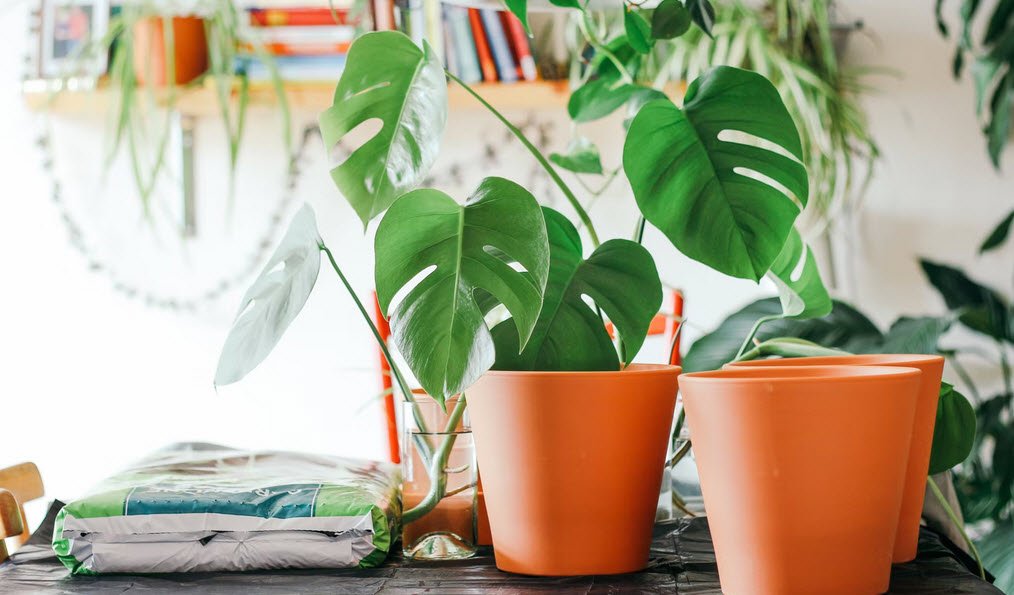
Growing an urban garden with container plants doesn’t have to be difficult. With the right knowledge, you can successfully grow container plants on your balcony, rooftop or even inside of your home.
Keep these tips in mind to help ensure that you get the best results from your flowers, fruits, vegetables and/or herbs.
Don’t overwater your plants: It’s easy to overwater your potted plants when you’re new to gardening. It’s important that you not put too much water at one time or water your plants too frequently. When you overwater your plants, the roots won’t be able to get enough oxygen and will begin to rot. It can also cause mushrooms and fungi to grow.
Don’t let your plants get too dry: Overwatering is a more common problem, but some beginner gardeners allow their plants to dry out. This is a problem, especially when it is hot and sunny outside. During the summer, it’s important that you keep your plants’ soil moist and provide the plants with shade, so that their leaves don’t burn.
Use potting soil for your plants: When planting your edibles and nonedibles in containers, it’s best to use potting soil, especially for balcony gardens. Regular garden soil tends to become compact when it’s placed in a container, which decreases drainage and root growth. Potting soil will lock in moisture and provide your plants with proper room for roots to sprout.
Give your plants plenty of light: Whether you’re growing your plants indoors or outdoors, it’s important that your plants get enough light. If you will be growing on a balcony that has a lot of shade, you’re going to have to plant those that don’t need lots of light. If you happen to be facing south, your balcony could get very hot, drying out your plants. Make sure to provide enough shade and water if so.
Give your plants large enough containers: It’s important that your plants are in containers that are large enough for them. For instance, you can’t plant large flowering plants like bird of paradise inside of a container that is only 3 gallons. Keep in mind the weight limit of your planting space, so that you don’t have too many large containers on it.
Learn how to identify pests and disease: To keep your potted plants healthy, you’re going need to know when they are being attacked by disease and pests. A small amount of pests are alright, but when there is an infestation, you’ll need to get rid of them. It’s best to start eliminating them as soon as you notice them. The same goes for diseases – nip the problem in the bud.
Fertilize your soil: Potting soil doesn’t come with a lot of nutrients, so you’re going to have to add fertilizer to it. This is especially so after two years when the potting soil will be fully depleted of all nutrients. To add compost your container, use vermicomposting bin. This will enable your plants to grow quicker and healthy. You can choose to add a liquid fertilizer weekly or a solid fertilizer monthly. Make sure not to add too much fertilizer because it will burn the roots. It’s best to add fertilizer when the plants are actively growing, not when they’re dormant.
Bring in sensitive plants during the winter: If you leave weaker container plants outside during the winter, they are likely not to survive. Bring them indoors until it starts to get warm again.
Don’t rush your plants growth: It’s common for beginning gardeners to be impatient with their garden. Many rush seedlings to sprout or for a flower to bloom, but it all takes time. Don’t pluck them too soon and don’t give up. As long as you are maintaining your garden well, your plants will grow great.
Be realistic about your garden: When you first start your garden, it’s important that you be realistic about the setup and capacity of the garden. Don’t try to overdo it if you only have limited space. Also, make sure that you’re able to grow the type of plants that you want to grow in the region that you live in.
You may also like:- From Seed to Soil – How to Kickstart Your Garden
- Top 10 Plants You Can Grow Instead of a Fence
- Winter Sowing – Growing Resilient Plants From Seed in the Cold
- 12 Medicinal Plants You Can Grow At Home
- Effective Gardening Tips for Saline Soils
- Effective Strategies For Working With Shallow Soils
- Effective Strategies For Working With Acid Soils
- Perennial Plants: The Garden’s Timeless Beauties
- Understanding the World of Horticulture: Varieties, Propagation, and More
- Top Strategies for Dealing with Compacted Soils

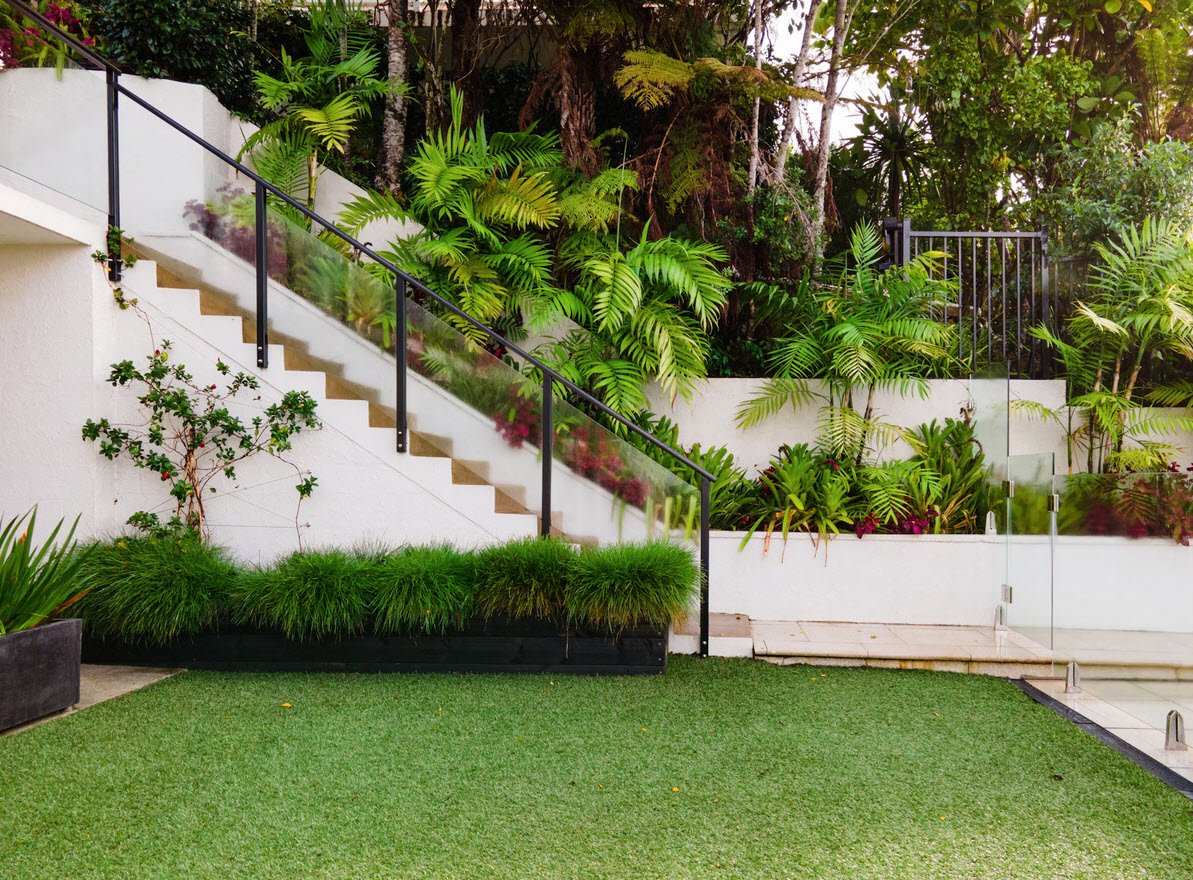
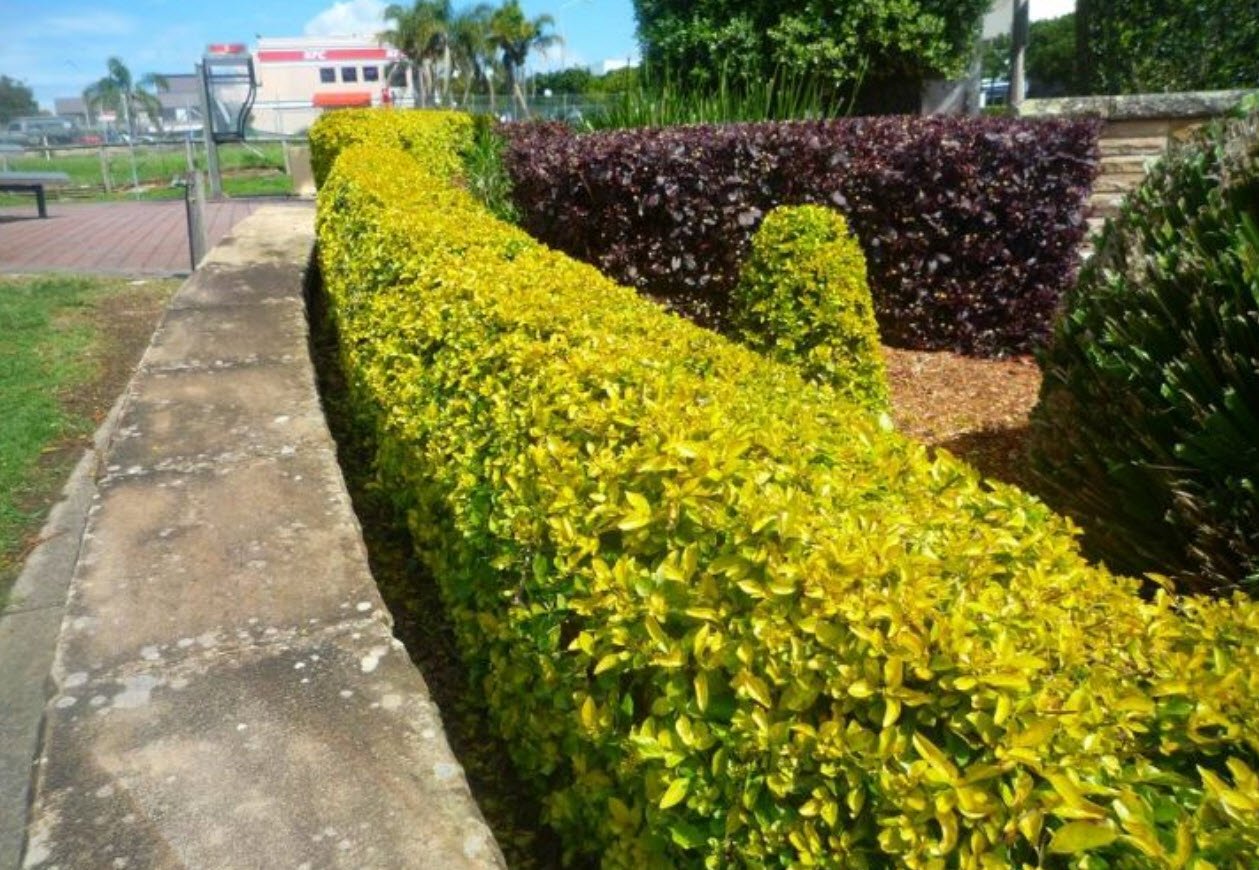

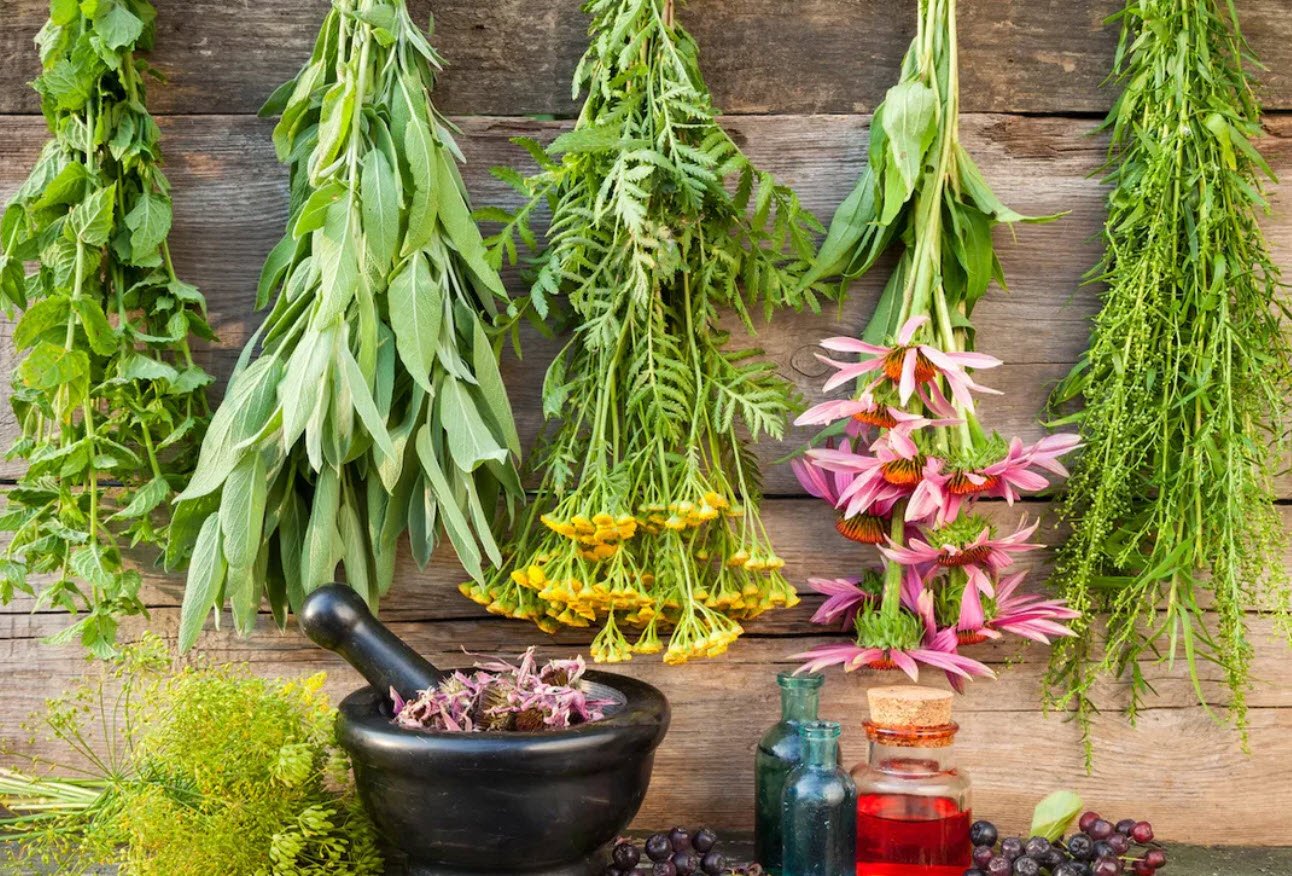
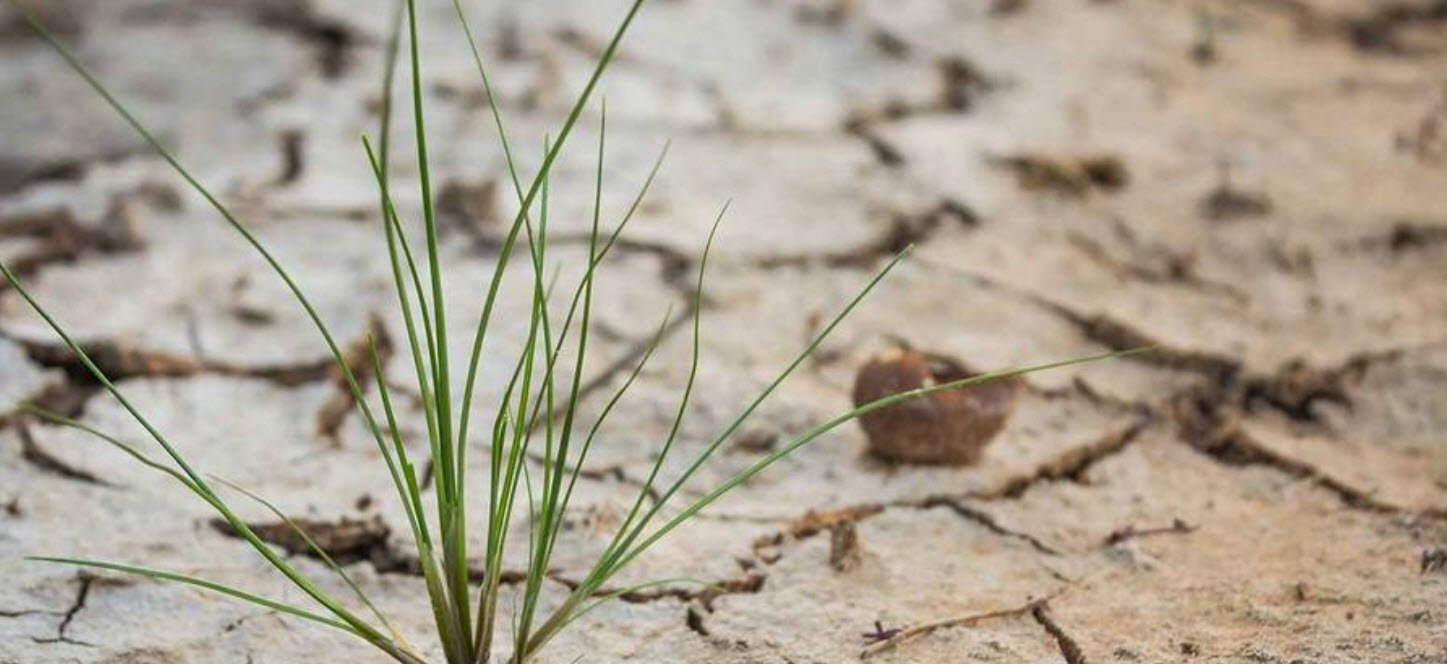



This Post Has One Comment